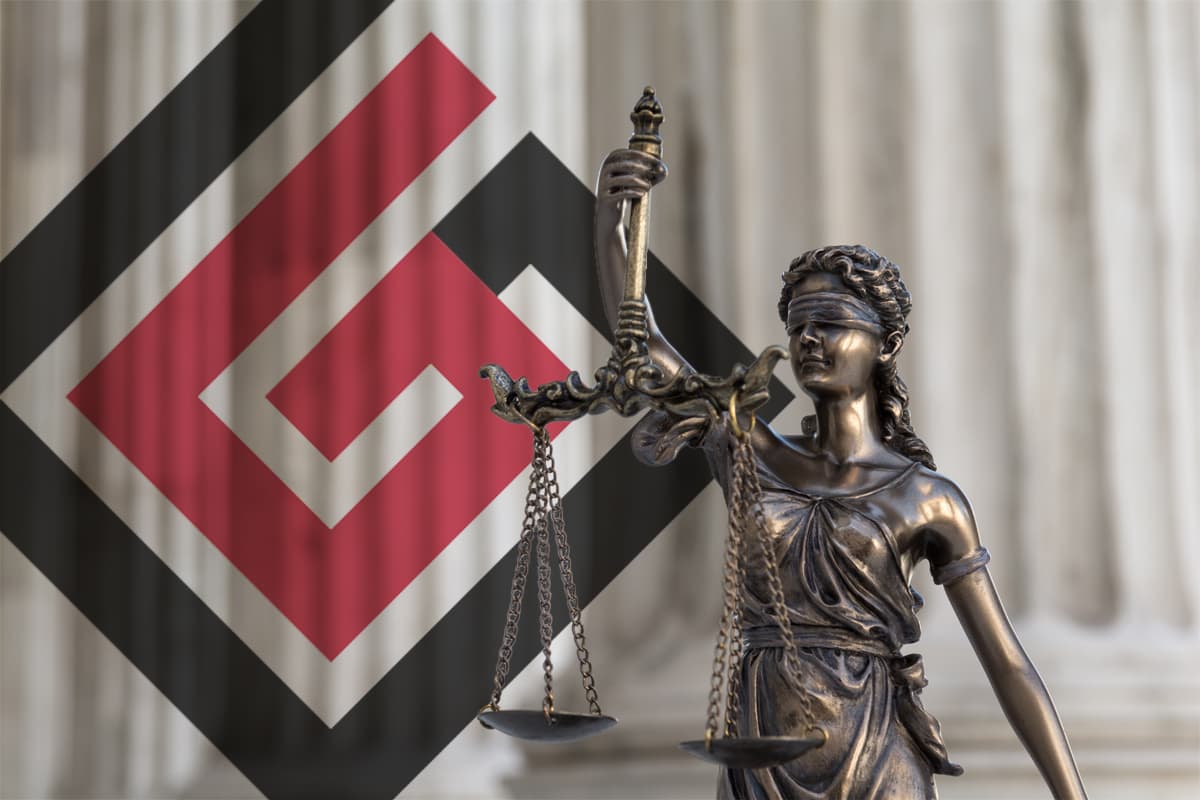Case Name:
The Union Illinois 1995 Investment Limited Partnership, et al. v. Union Financial Group, Ltd.
Case Conclusion:
January 2004
Caption:
Delaware Court of Chancery, C.A. No. 19586-VCS
Keywords:
Appraisal Action; Fair Value; Synergies; Sale Process
Industry:
Commercial Banking
Professionals:
David G. Clarke, ASA
Following the 2001 merger of Union Financial Group, Ltd. (UFG) and a subsidiary of First Banks, Inc., certain UFG shareholders filed an appraisal action asking the Delaware Court of Chancery to determine the fair value of their shares as of the merger date.
UFG was a bank holding company that owned two small community banks in southern Illinois. In 2000, the subsidiary banks were struggling. Following an examination, the Federal Reserve labeled UFG a “troubled financial institution” due to its low profitability, inadequate capital, and high leverage. UFG and the Federal Reserve entered into a formal memorandum of understanding (MOU) that required UFG to raise its capital levels and reduce its debt (which the company was defaulting upon at the time). The MOU also prevented UFG from declaring dividends or increasing its debt to pursue growth opportunities.
The price paid in the transaction was $9.40 per UFG share, with the possibility of two additional payments to UFG shareholders of $0.80 per share if the performance of UFG’s loan portfolio did not fall below certain thresholds. The petitioners’ valuation expert determined a fair value of over $16 per share, based on a DCF analysis that deviated from company management’s projections by significantly increasing UFG’s projected net interest margin and reducing its projected operating expenses. Vice Chancellor Leo E. Strine, Jr. was critical of these optimistic assumptions and ultimately rejected the analysis prepared by the petitioners’ expert.
On behalf of the respondent, Griffing Group Managing Principal David G. Clarke, ASA, submitted an expert report and testified at deposition and trial, opining that the merger price, less expected synergies, (i.e., $8.20 per share) was the best evidence of UFG’s fair value. Mr. Clarke concluded this in view of the facts that, at the time, the mergers and acquisitions market for banks (including distressed banks) was very active, and the price realized in the sale of the company was the result of a robust sale process. As Delaware law requires that synergistic value must be excluded in determining fair value, Mr. Clarke calculated and subtracted synergies from the sale price to determine UFG’s fair value.
While Mr. Clarke also derived value indications using a discounted cash flow analysis, guideline public company analysis, and guideline transactions analysis, he determined that in the subject case, the merger price (which was higher than any of the values indicated by the other analyses) was the best evidence of value. The Court agreed, finding that sale process represented a competitive and fair auction, and that the merger price, less synergies, was the best indication of the fair value of UFG’s common shares. The Court concluded that the fair value was $8.74 per share.
The respondent was represented by Lewis H. Lazarus, Michael A. Weidinger, and Thomas E. Hanson, Jr. of Morris, James, Hitchens & Williams LLP.



